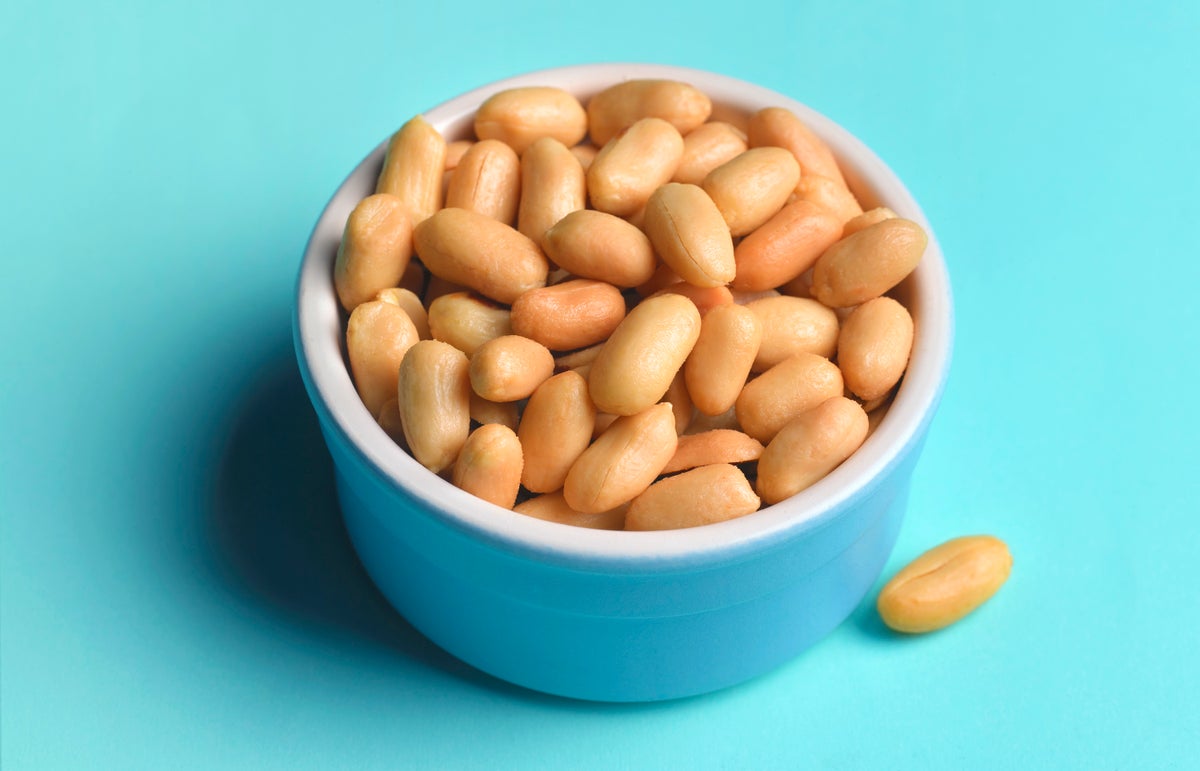
"Peanut allergies had been on the rise over the past few decades but dropped precipitously in recent yearsan effect that experts have attributed to guidance issued in 2017 and updated in 2021 that parents should expose their babies to peanuts and other common allergens starting at four to six months of life. Older guidelines had suggested waiting until the age of three. Kennedy, however, dismissed this evidence, pointing instead to aluminum in vaccines or pesticides in the environment as potential triggers for food allergies."
"Aluminum is common in many foods and in the environment. And to boost the body's immune response, it is added to some vaccinessuch as those for human papillomavirus (HPV) and tetanus, diphtheria and pertussis (Tdap), as well as some combination vaccines that protect against polio. The amount of aluminum in vaccines is less than that found in infant formula and breast milk and has not been found to be harmful."
Peanut allergies rose over recent decades but dropped sharply after 2017 guidance, updated in 2021, recommending that parents introduce peanuts and common allergens to infants at four to six months. Some officials have attributed the decline to early exposure, while others have suggested environmental toxins such as aluminum in vaccines and pesticides as potential triggers. Aluminum is present in many foods and is added to certain vaccines to boost immune response. The aluminum amount in vaccines is lower than that in infant formula and breast milk and has not been found harmful. Removing aluminum from vaccines would require complete reformulation.
Read at www.scientificamerican.com
Unable to calculate read time
Collection
[
|
...
]